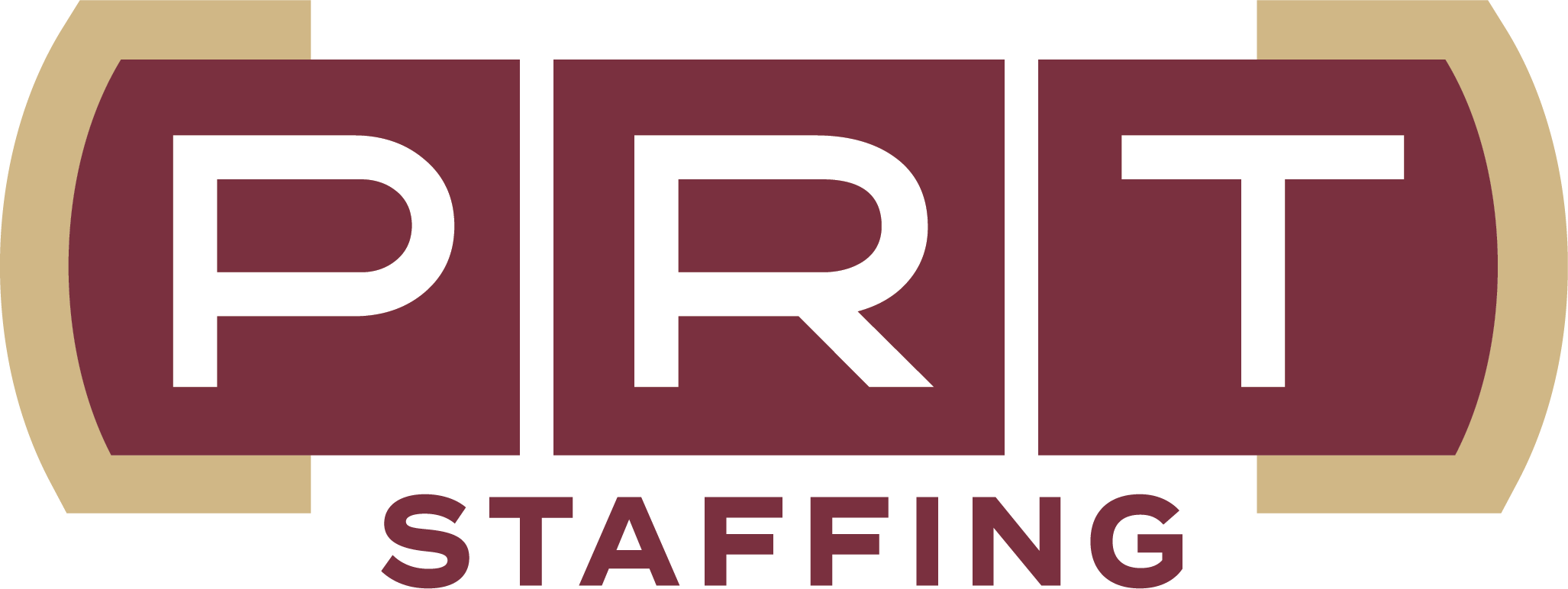The Direct Hiring Process: How it Works and the Benefits of Finding Talent This Way
Many companies are finding the direct hiring process beneficial to finding talent in today’s competitive job market.
The direct hiring process requires a more hands-on approach by companies – staffing firms can help clients identify potential applicants, but the employer does all the interviewing and hiring – this method of talent acquisition offers advantages such as streamlined recruitment, reduced costs, and stronger connections with new hires.
Seeking and retaining top talent is more important than ever in the U.S. economy with 8.8 million open jobs and only 6.3 million unemployed workers.
“We hear every day from our member companies—of every size and industry, across nearly every state—they’re facing unprecedented challenges trying to find enough workers to fill open jobs,” wrote Stephanie Ferguson, Director, Global Employment Policy & Special Initiatives, U.S. Chamber of Commerce. “We have a lot of jobs, but not enough workers to fill them.”
Different Types of Employment Hiring
There are several different types of employment hiring including:
- Direct Hiring: Employers directly offer a candidate a job that typically includes a salary, paid time off, and benefits such as retirement accounts and health insurance. Recruitment agencies may be used to identify candidates.
- Temporary: Workers are hired for a specific project, defined period or seasonally, usually through a staffing agency.
- Contract: Companies hire candidates, usually with specialized skills, under a contract for a specific project or period.
- Contract-to-hire: In this scenario, the contract provides a path to bring the contractor into the company as a full-time employee.
- Freelance or Gig Economy: Hiring individuals for short-term or project-based work, typically not on a contract basis. Third-party services or apps are often used to acquire these workers.
- Internal Promotions: Actually, a form of direct hiring, a company promotes an employee within the company, or makes a lateral move, to fill an open position.
Indeed says direct hiring is a process in which a company offers you a job and employs you without using a third party. This structure is different from temporary (typically less than a year) or contract positions in which a staffing agency supplies and employs the talent.
“Direct hire jobs are usually permanent or long-term positions with salaries, paid time off, and benefits such as retirement accounts and health insurance,” explains Indeed. “While a staffing firm might handle the recruiting process, you will report directly to the hiring company when you accept the job offer. The direct hire process can take more time than a rapidly filled temp position because your potential employer is committing to a long-term relationship and wants to do a thorough job finding and interviewing strong candidates.”
In the direct hiring process, a company’s HR department or hiring managers will take on the responsibility of identifying, evaluating, and hiring suitable candidates.
Reasons Why a Company Might Opt for Direct Hiring
Companies may opt for direct hiring for several reasons, including:
- Cost-Efficiency: Direct hiring can be more cost-effective than using recruitment agencies that charge fees.
- Control Over the Process: Employers have full control over the hiring process, enabling them to tailor it to their specific needs.
- Faster Turnaround: Direct hiring often results in faster recruitment, which is crucial for meeting urgent staffing needs.
- Better Cultural Fit and Customized Screening: Employers can directly assess cultural fit during the interview process. Companies can tailor their screening and interview processes to their specific needs and requirements.
- Access to a Wider Talent Pool: It allows companies to tap into a broader talent pool by leveraging their own networks and online platforms.
- Long-Term Commitment: It's ideal for companies seeking employees who are willing to commit to long-term roles within the organization.
Indeed says that companies often utilize direct hiring to fill unique positions or hire upper management or executive positions.
Hybrid Approach: Using a Staffing Firm to ID Candidates
Sometimes, companies opt for a hybrid approach by outsourcing the initial identification of candidates to staffing firms. Here's how it works:
- The company contracts with a staffing firm to conduct the initial candidate sourcing, screening, and shortlisting.
- The staffing firm presents a pool of pre-qualified candidates to the company.
- The company then takes over the interview, selection, offer, and onboarding processes.
This approach combines the benefits of direct hiring (control, cost-efficiency) with the extended reach and expertise of staffing firms.
This method can be especially beneficial when a company lacks the internal resources or expertise for extensive candidate sourcing.
There are also signs that a company may need to bring a third party in to help with the direct hiring process such as a job that has gone unfilled for a long time, very little response to a job posting, or high turnover rates for a specific position.
Benefits of Direct Hiring for Job Candidates and Companies
There are benefits to the direct hiring process for both job candidates and the hiring companies.
Let’s look at both:
Benefits for Job Candidates:
- Stability: Job candidates benefit from the stability of direct hire positions, which often come with benefits such as health insurance, retirement plans, and job security.
- Direct Connection: Candidates have a direct line of communication with the hiring company, enabling them to gain a better understanding of the company culture and expectations.
- Transparent Process: The process is often more transparent, with candidates gaining insight into the company culture and expectations early on.
- Potentially Faster Placement: Candidates may secure positions more quickly due to streamlined processes.
- Career Growth: Direct hires often have more opportunities for career growth within the company, including promotions and skill development programs.
- Salary Negotiation: Candidates have more leverage in negotiating compensation packages when dealing directly with the hiring company.
Benefits for the Hiring Companies:
- Cost Savings: Eliminating third-party fees and commissions reduces the overall cost of hiring, making it a cost-effective option.
- Control and Flexibility: Companies maintain full control over the hiring process, allowing them to tailor it to their specific needs and timelines.
- Cultural Fit: Direct hiring enables organizations to prioritize cultural fit, ensuring that new hires align with the company's values and objectives.
- Employee Loyalty: Employees hired directly often exhibit higher levels of loyalty and commitment to the organization.
- Enhanced Employer Brand: A positive direct hiring experience enhances the company's reputation as an employer of choice.
- Efficiency: Streamlined processes lead to quicker hiring, reducing downtime and productivity losses.
- Reduced Risk: Companies can mitigate the risk of hiring misfits or unqualified candidates through their customized screening processes.
The direct hiring process offers numerous advantages for both job candidates and hiring companies.
It streamlines the recruitment process, reduces costs, and fosters stronger connections between employers and employees. While outsourcing candidate identification to staffing firms is an option, the core principle of direct hiring remains intact: building lasting and mutually beneficial relationships between businesses and their employees.
As the job market continues to evolve, the direct hiring process will likely remain a valuable tool in the talent acquisition toolbox.





